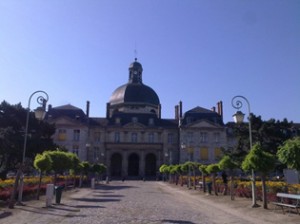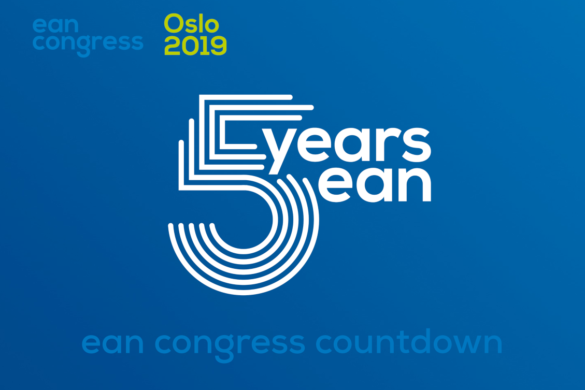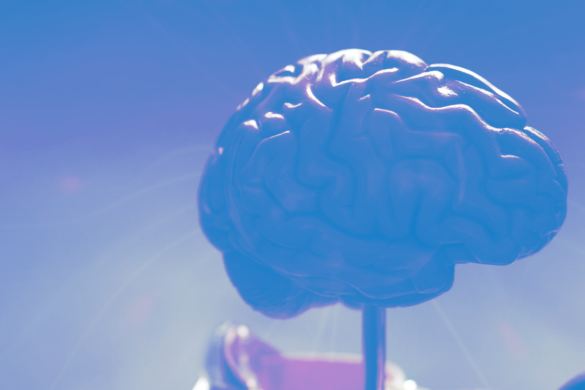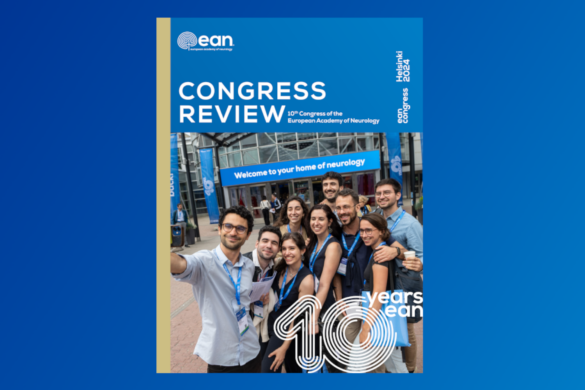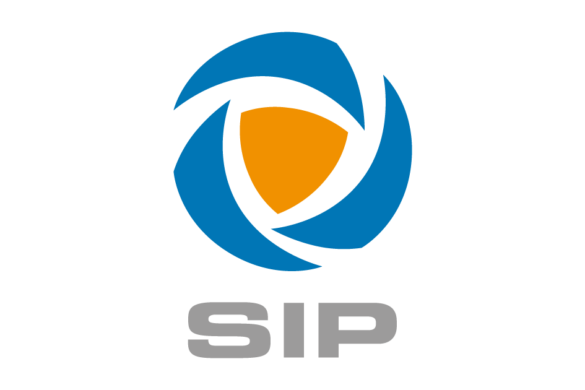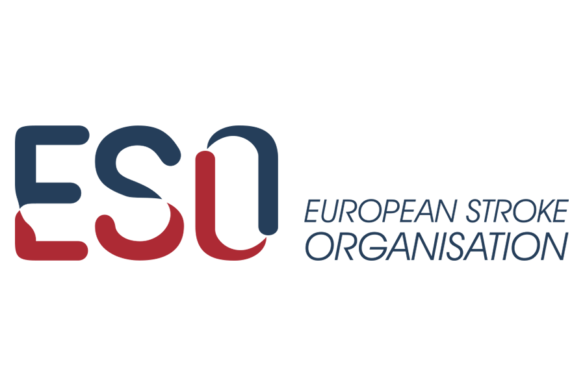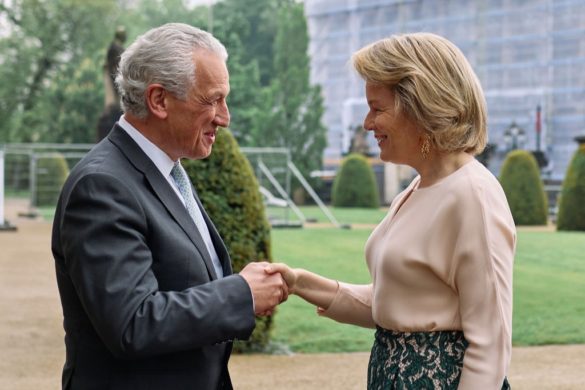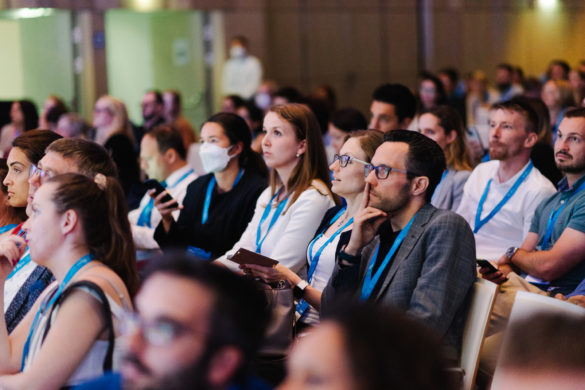Immunological features of late-onset myasthenia (LOMG) in comparison to early-onset myasthenia (EOMG).
This work, generously supported by EFNS scientific fellowship 2011-2012 annual award, was a collaborative project between the Research Unit U-974 (Team on MG disease headed by S. Berrih-Aknin, Director of Research INSERM) and Unité Clinique de pathologie neuromusculaire, Centre de référence pour les maladies neuromusculaires de l’Est de Paris (Head-Prof. B. Eymard). Both teams are located at the Institute of Myology, Paris. Besides regular laboratory work I have performed clinical duties at the Unité Clinique de pathologie neuromusculaire, Centre de référence pour les maladies neuromusculaires de l’Est de Paris on a one day/ per week basis and attended specialized lectures and workshops held at the Institute of Myology, Paris as long as the Fight-MG Annual meeting 2012, Paris.
Neuromuscular diseases and late-onset myasthenia (LOMG) always attracted my attention during my clinical residency. Due to the rising importance of the immunological methods of their diagnostics, I aimed to gain some experience in this field. As a clinician, I had never had an opportunity to spend such a long time in a laboratory in order to obtain this experience.
Since my arrival in Paris, I was encouraged by Dr. S. Berrih-Aknin and Pr. Eymard to integrate into the Research Unit and the Clinical Unit. I immediately had the feeling that my new colleagues were used to work in a very cooperative environment, wishing to create a welcoming setting and share their scientific and clinical expertise during the daily work and the monthly scientific lab meetings.
During my stay in Paris I had – thanks to Dr. S. Berrih-Aknin – not only a possibility to complete a specialized BD training on the use of BD FacsVerse™ in order to perform flow cytometry on my own, but also to learn Leucosep® technique and basic laboratory protocols, used in the Research Unit. Thanks to this fellowship and my colleagues, I acquired some levels of autonomy required for a work in such a challenging scientific environment (mastering of the programs of data analysis, work with scientific databases).
I consider this fellowship as a success which will help me afterwards during my career and would like to thank EFNS for giving me such an excellent opportunity to face a scientific challenge.
Dr. Vera Nezgovorova comes from Saint Petersburg, Russia.

